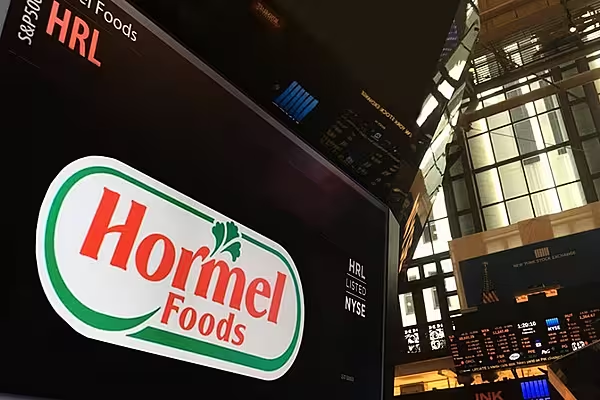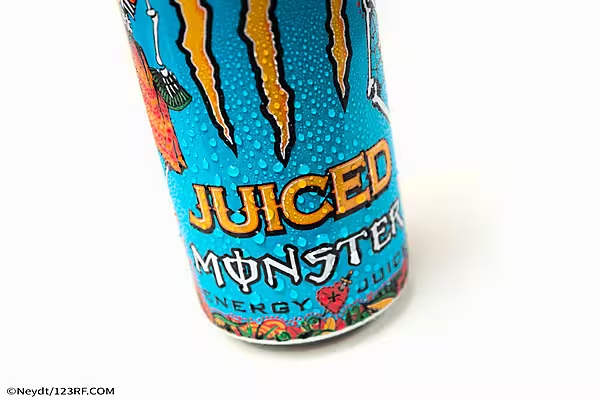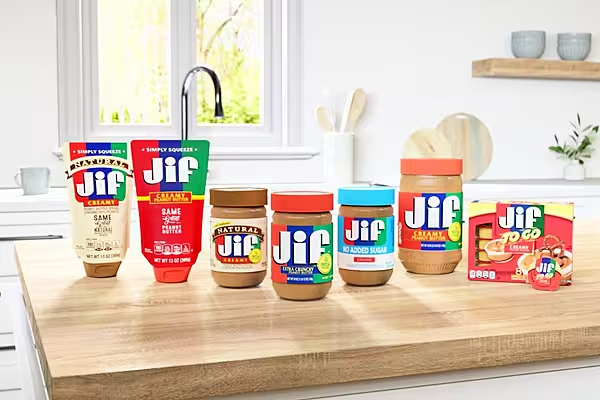This year saw major international food brands quick off the mark to snap up, or invest in, smaller companies operating in fast-growing categories, according to research firm GlobalData.
While 2019 was not a 'vintage' year for mergers and acquisitions in the food sector, with the value of deals down year-on-year in the nine months to the end of September, several deals caught the eye, and were indicative of major firms' willingness to embrace on-trend categories.
Health and Wellness
“Deals involving major food companies buying each other were few and far between in 2019, but smaller businesses operating in categories linked to health and wellness or plant-based protein alternatives, for example, found themselves in high demand," commented Andy Coyne, Food Correspondent at GlobalData.
One example of this took place in February, with Unilever's acquisition of Graze, a healthy snacking brand offering a range of nuts, seeds, trail mixes and snack bars. Announcing that acquisition, the consumer goods giant noted how Graze would 'accelerate our presence in healthy foods', and was a welcome addition to its stable of 'purpose-driven brands'.
It followed this up with the purchase of OLLY Nutrition, a wellbeing-focused home and personal care products business in April.
Elsewhere, in April, PepsiCo announced the completion of its acquisition of CytoSport from Hormel Foods Corporation, which brought a number of sports nutrition brands, including Muscle Milk, into its portfolio, as well as its recent purchase of BFY Brands, which "will support the growth of our existing, more-nutritious snack brands," according to Steven Williams, CEO, PepsiCo Foods North America.
“One can also point to confectionery giant Mondelez International looking to the future by taking a minority investment in Uplift Food, a local early-stage start-up focusing on pre-biotic functional foods and US meat giant Tyson Foods making a move in a different area of protein alternatives by investing in New Wave Foods, a producer of plant-based shrimp," said Coyne.
Next Steps
According to Coyne, it is likely that major food business will continue this trend into the next decade, in order to ensure they can keep ahead of the curve on emerging movements in food.
“It is likely in 2020 'Big Food' will continue their attempts to get in shape to benefit from macro trends that look like they are here to stay but advisers will also be hoping that the big beasts of the industry remember to take a bite out of each other every now and again," he said.
© 2019 European Supermarket Magazine – your source for the latest retail news. Article by Stephen Wynne-Jones. Click subscribe to sign up to ESM: The European Supermarket Magazine.














